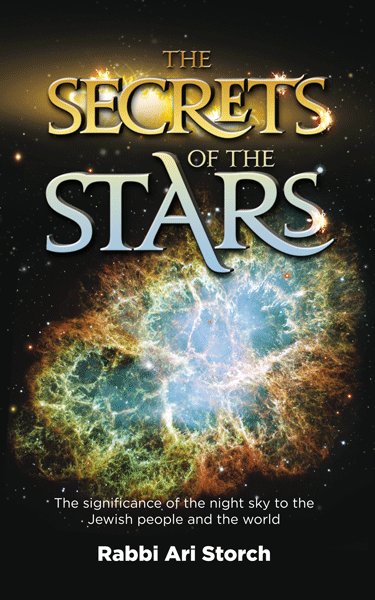Although the names of the months that we have in our calendar are of Babylonian origin (See Ramban Bo 12:2), there is a Midrash that darshans them. (See Torah Sheleimah Miluim Parshas Bo P.177) It is very interesting to look through the quick list of names and their meanings and gain perspective about the months.
The month that we are just beginning now is called Teves. The Midrash tells us that the grammatical root of this word is Tov which means good. It was during this month that Og and Sichon were killed in battle by Moshe Rabeinu. So formidable were these foes that this Midrash states that even Moshe Rabbeinu feared them. The goodness of this victory is so great that this month's name reflects that.
It is interesting to point out something that I posted a little bit about last year during this time. Teves is the time when the winter solstice occurs. While this event is the first day of winter, it also marks the shortest day of the year. From this point on the days begin to get longer. Thus, it has been seen historically as a time of renewal and a time to emerge from darkness. Another Midrash mentions that the astrological sign of this month, G'di (Capricorn[us]) shows such a renewal. (Tanchuma Haazinu 1) This sign is shown as a young goat that is the epitome of an immature creatue about to begin developing. It is similar to the T'leh (Aries) that is the sign of Nisan, the first month, since they are both ovine creatures. The T'leh, says this Midrash, has gone through its lifecycle and it is now in Teves that it finds a rejuvination and renewal as a young kid, G'di. How apropos then that the first portion of the conquest of Eretz Yisrael happened at this time. This was a new beginning for Klal Yisrael as they were starting anew in their land.
This is also the reason why many cultures have their new year at around this time. They viewed this time of year as a time of rebirth and, therefore, the connection to start a new year now was seen as obvious.
Subscribe to:
Post Comments (Atom)


4 comments:
I seem to recall a source that said that Tevet was a month of din--perhaps Sefer Yetzira, I may be incorrect in part or in total. If not, how does this comport with the “tov.”
Akiva
I have seen some references to Teves and din, but I must concede that I am not an expert in Sefer Yetzirah. There is an interesting Ben Yehoyada in Bava Kamma (55a) that says that although the word Tov means good, it's truest meaning is completion. I would venture to say that din is an expression of that as it is the final retribution and completing element. Also keep in mind that din brings good to the deserving.
I will look at some sources, including this Bava Kamma. I seem to always develop a Tevet interest after Chanukah. Thank you for the citation and for your work here. I appreciate your efforts and the content of this site makes its way to our table. Shabbat Shalom.
Akiva
Thank you for the feedback, it is very appreciated. I also realized that the Gemara mentions that judgment of the wicked was not initially able to be described as tov, but later was included in this word. (Pesachim 44a and Rashi's commentary)
Post a Comment